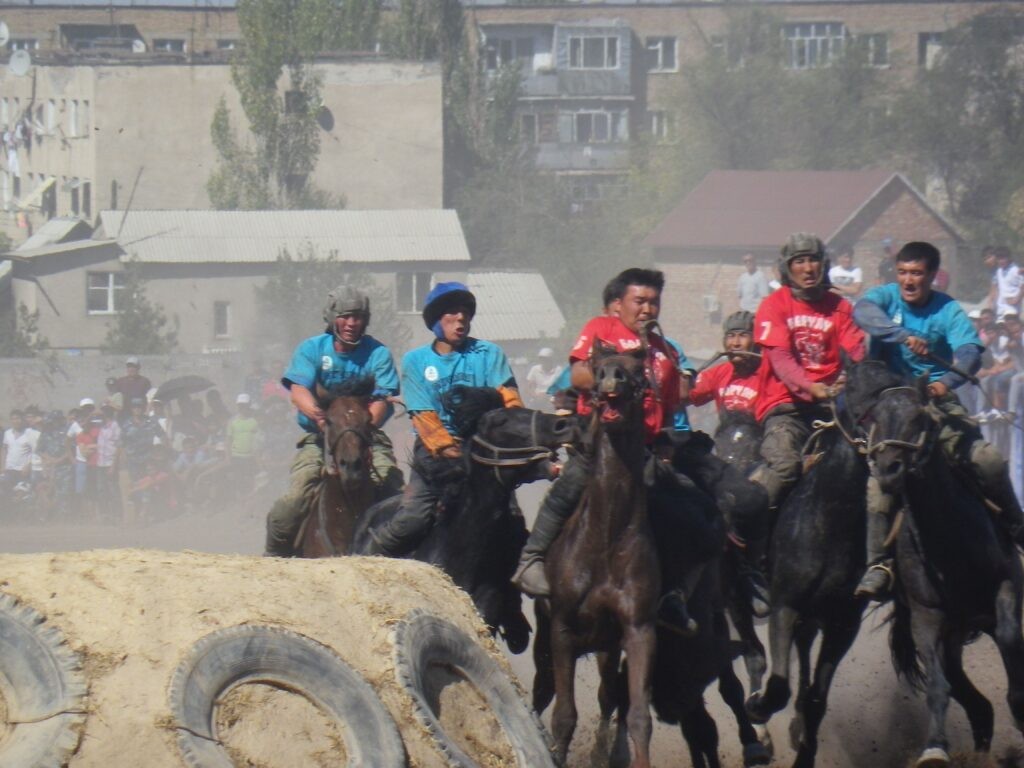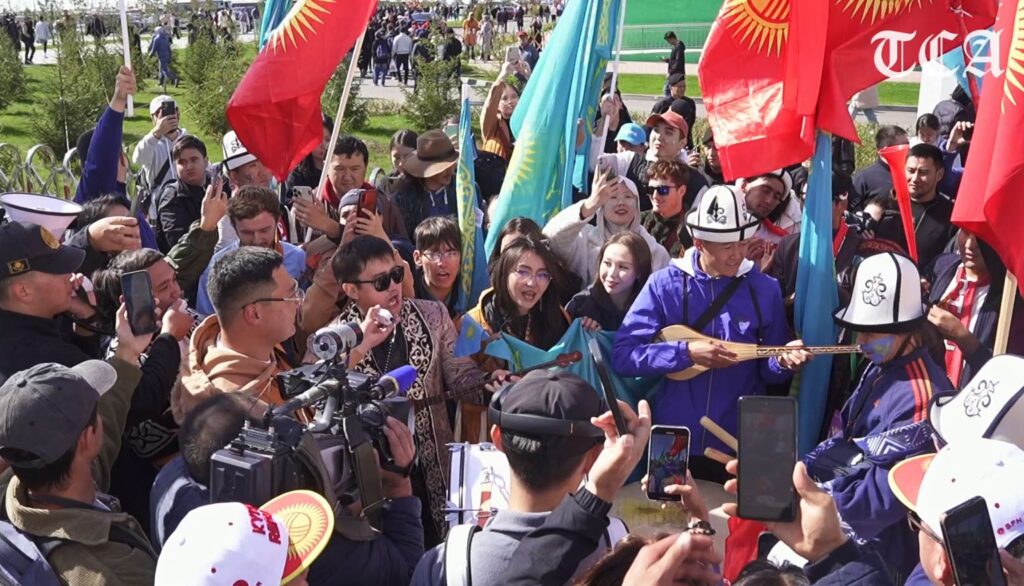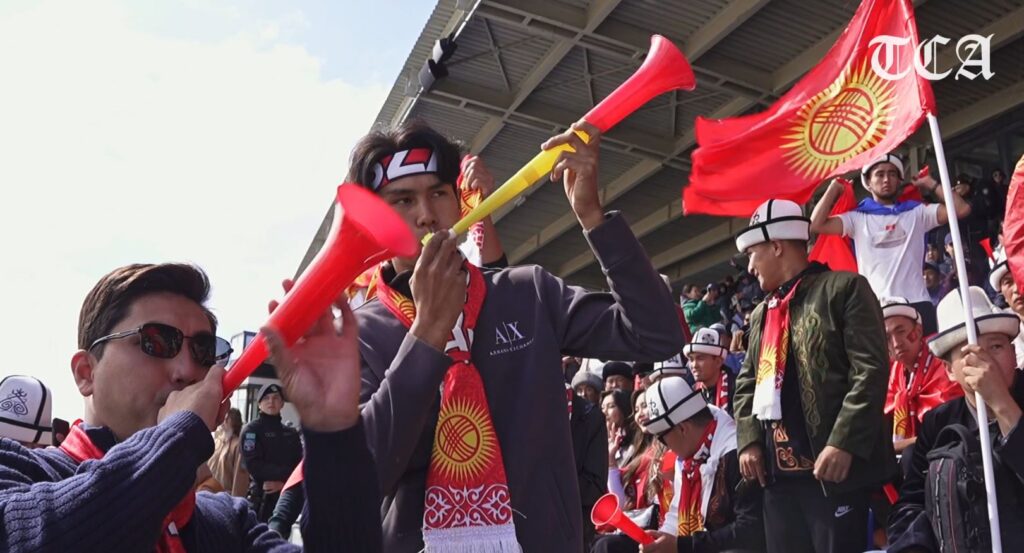After Player’s Death, Kyrgyzstan Debates How to Make Kok Boru Safer
The death last month in Kyrgyzstan of a player of kok boru, a traditional game in which horse riders try to maneuver a headless goat carcass into an opposing team’s goal, has led to discussion in the parliament about whether a rough sport that is a source of regional pride should be made safer for man and horse alike. Mirlan Srazhdinov, a 45-year-old team captain, died during a game of kok boru at an equestrian stadium on the outskirts of Bishkek, Kyrgyzstan’s capital, on March 12. A video that circulated on various online platforms purportedly shows the accident in which Srazhdinov appears to bend down to the side of his horse – and then falls to the ground after another horse and rider crash into him next to a barrier on the side of the sandy playing area. The accident alarmed some lawmakers who view kok boru as an emblem of cultural identity in Kyrgyzstan and elsewhere in Central Asia, acknowledging that the sometimes chaotic scrums on the dusty field have caused harm to contestants but rejecting the idea of banning the game altogether. Kok boru, which is recognized by UNESCO, has a wider following in the region. Kazakhstan, for example, has a variant known as kokpar, and it is known as buzkashi in Afghanistan. The game featured in the World Nomad Games in Kazakhstan last year, using a mould as a modern replacement for the carcass. Srazhdinov had suffered a brain injury and multiple fractures, including one at the base of his skull, the 24.kg news agency reported, citing Bishkek’s Emergency Medicine Center. The player who collided with him was placed in pre-trial detention for two months, and the referee was placed under house arrest. Both have been charged in connection with the death of the team captain. At a parliamentary session, lawmaker Balbak Tulobaev said accidents can happen in any sport and that kok boru should continue to be played with some adjustments to reduce the chance of injury. “There are forces that want to ban the game of kok boru because of this. But we must not allow this," Tulobaev said last week, according to the Kloop news organization. Parliamentarian Ilimbek Kubanychbekov agreed, though he also said changes were necessary because players were getting hurt. Deputy Akkulu Berdiev had concerns about the perils of play near the taikazan, or goal where the goat carcass (or mould) is thrown. He said riders have suffered spinal and other injuries in this area, and horses haven’t been spared either. The taikazan is a raised circular structure with a hollowed out part in the middle. A manual of the rules of kok boru indicates that is very much a contact sport: “To increase interest in the game, forceful techniques are allowed, used by both horses and players, but not violating the rules of the game - player can accidentally hit others by a horse (not strike), players can push each other with their torsos and chests without touching each other’s hands....



